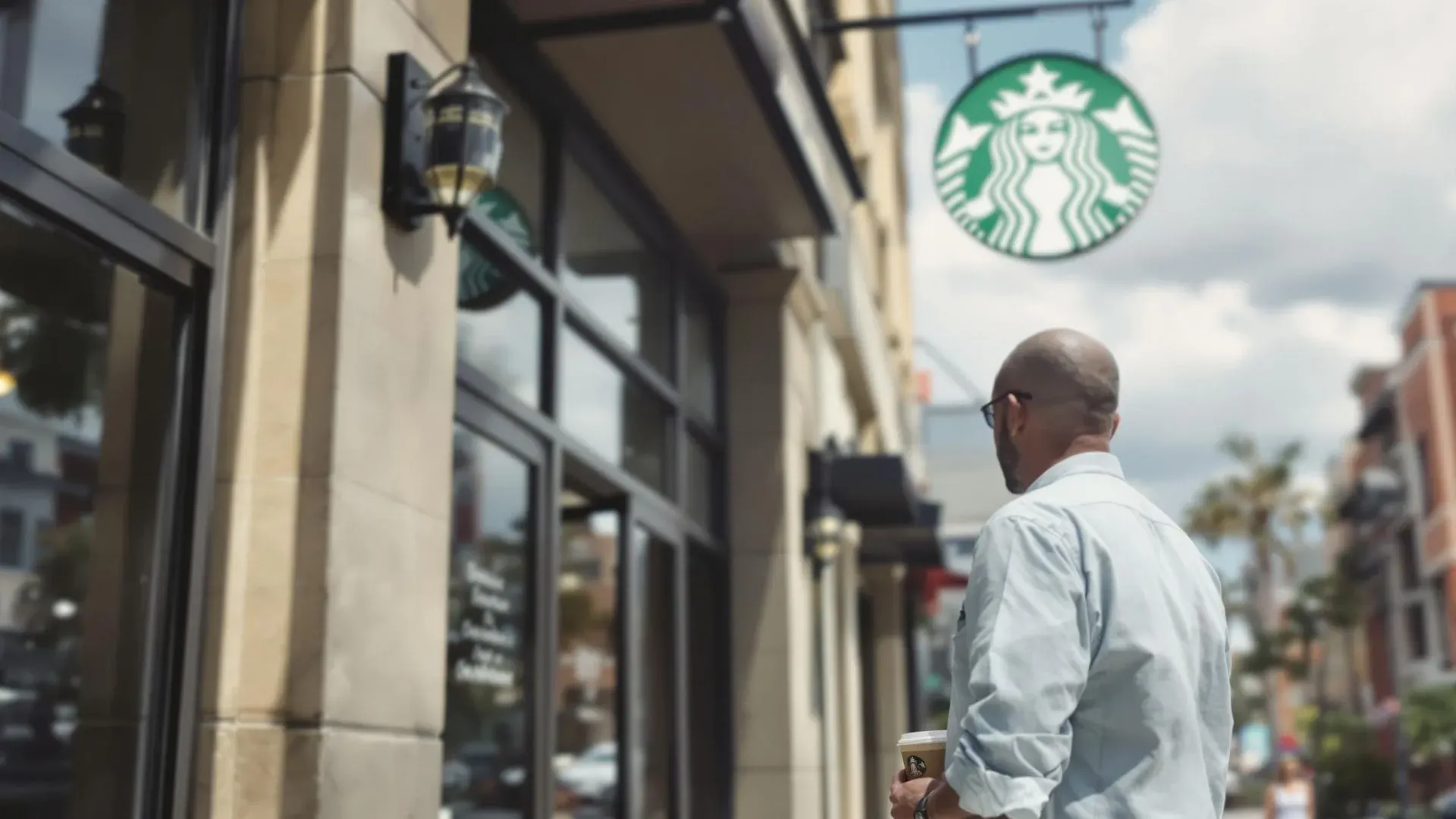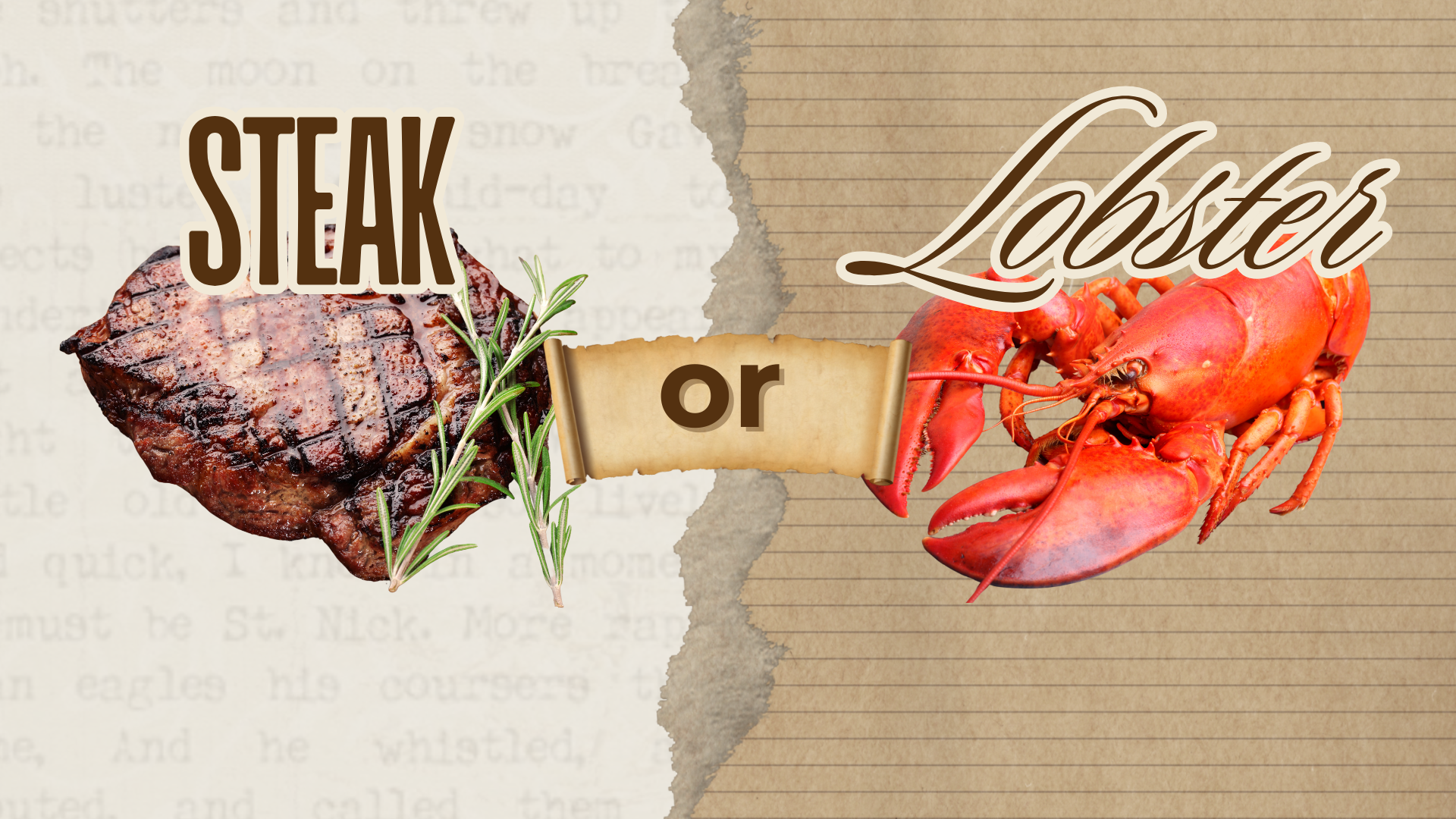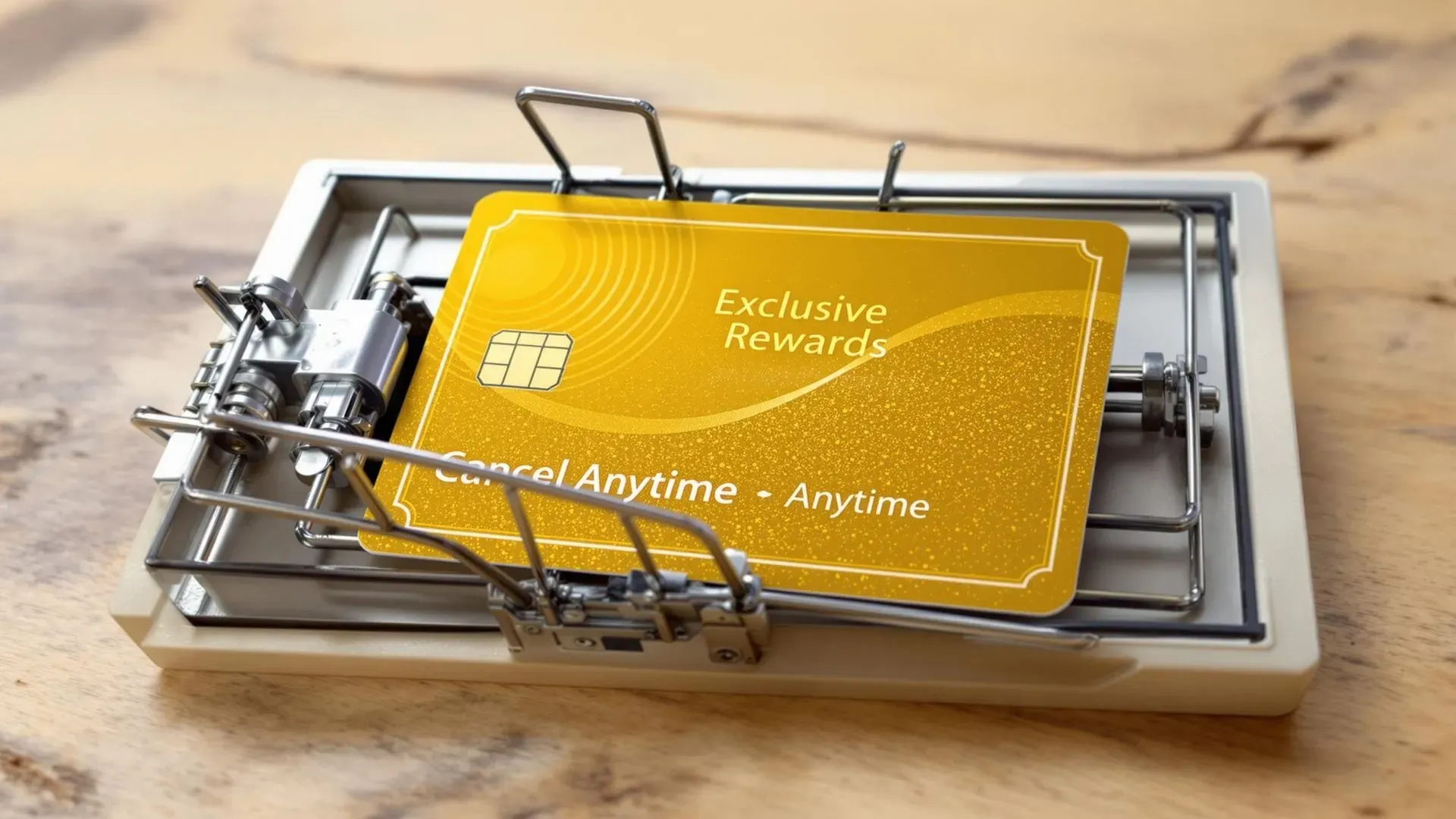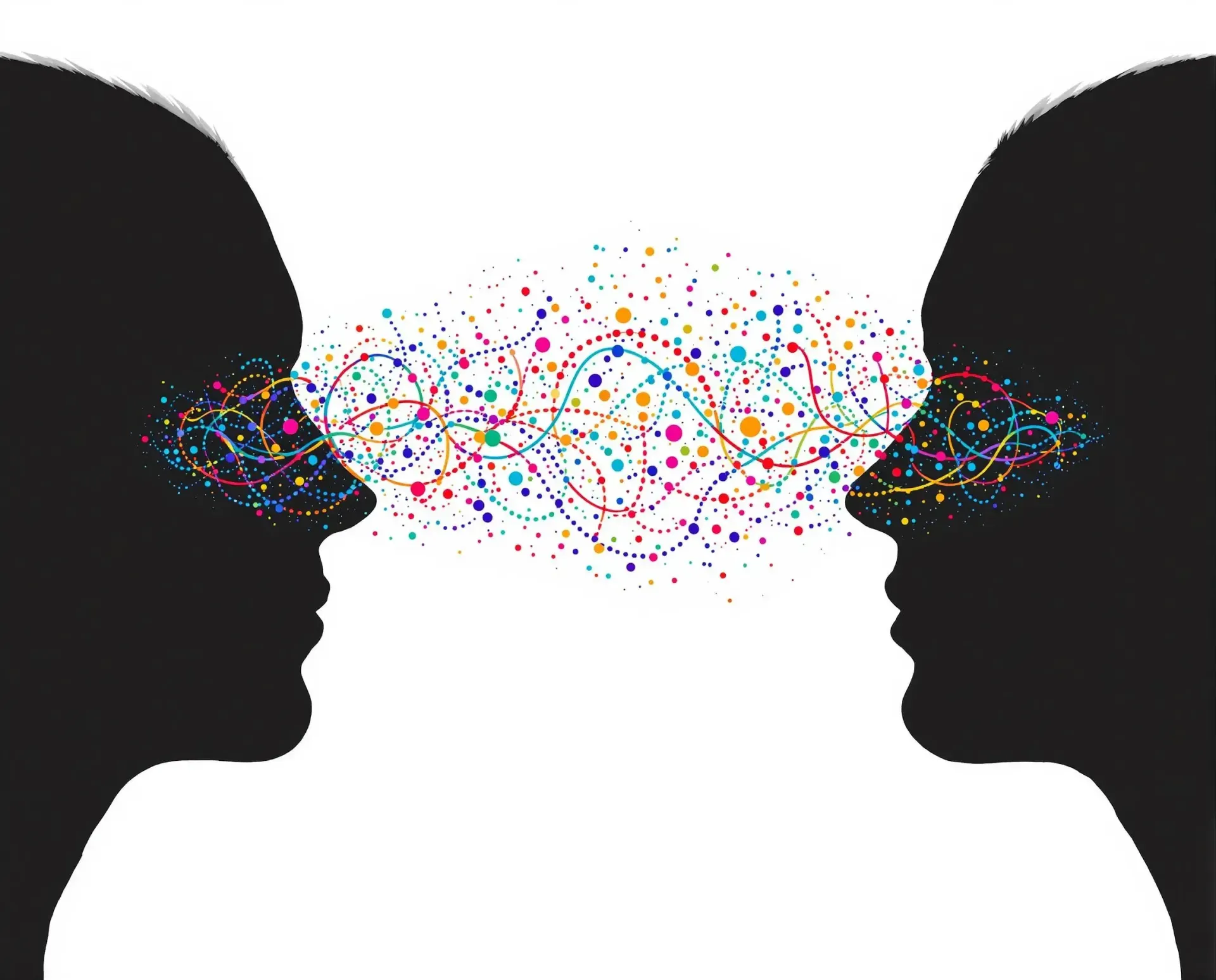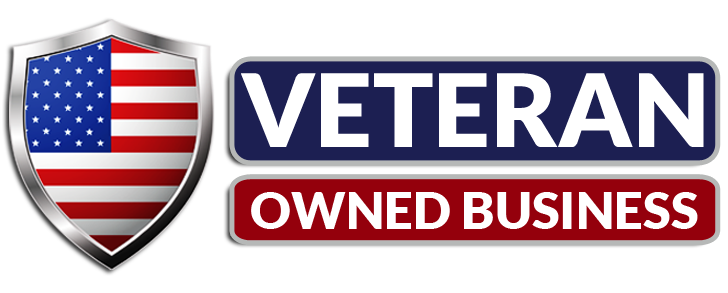Lost in Translation: How Our “Side Hustlers” Became Scammers (and What We Learned)
When a Hustle Becomes a Hassle:
The Wild Ride of Words Gone Wrong
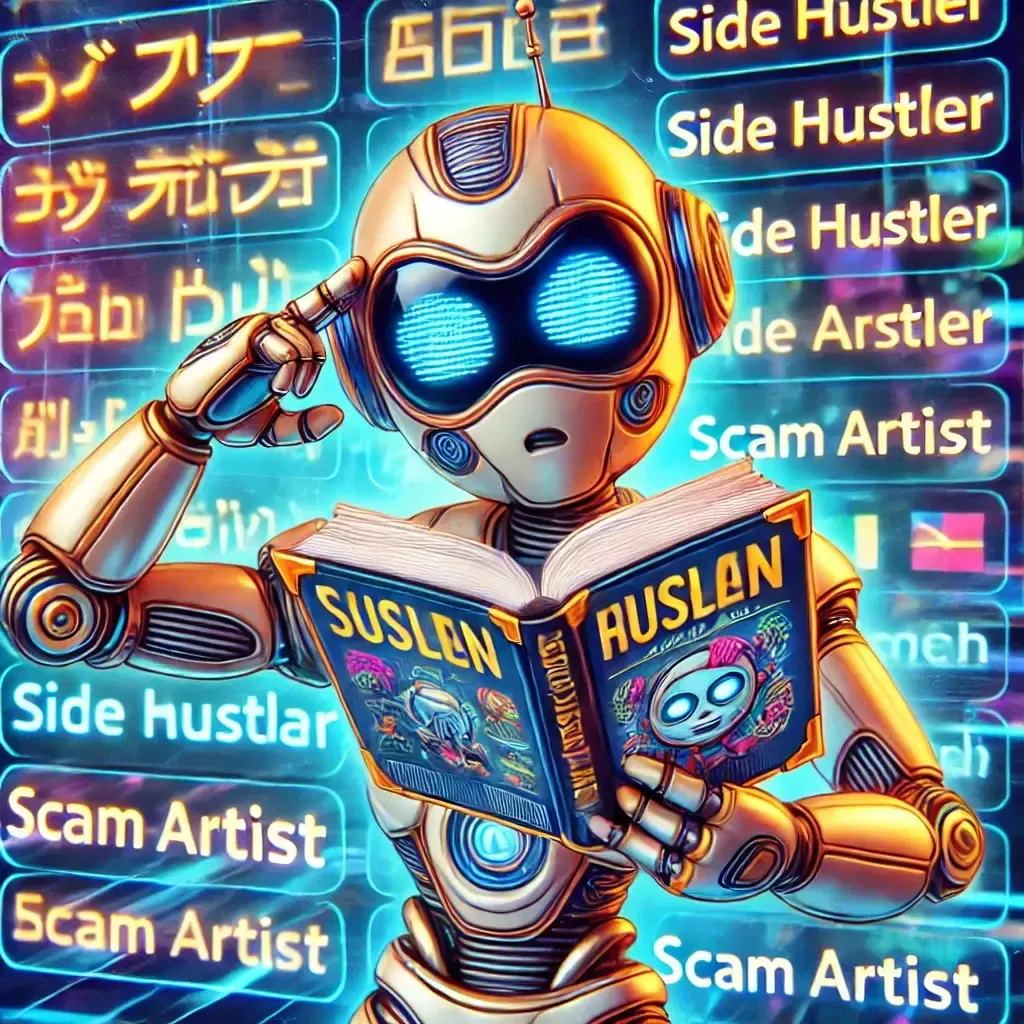
Here at 1644 Media, we like to think we’re fluent in the language of innovation. Our ideas? Out of this world. Our content? Rocket-fueled. But sometimes, even we—masters of cosmic creativity—find ourselves floating in the vast, uncharted galaxy of multilingual communication.
Recently, we posted a heartfelt shoutout to all the side hustlers out there. It was supposed to be motivational, a fist-bump emoji to the hustling, bustling dream-chasers turning their passion projects into paychecks. But when we translated our post into Spanish to connect with our amigos, it landed like an alien ship in the wrong orbit.
Turns out, "side hustlers" in Spanish didn’t translate as the hard-working entrepreneurs we envisioned. Oh no. It translated into something more akin to... scammers. Cue the record scratch.
Oops, Did We Just Call You a Criminal?
Imagine our horror when we discovered that our well-meaning message of empowerment was now suggesting our audience was running pyramid schemes on the sly. Talk about a mistranslation turning heads—and not in a good way.
The comments rolled in faster than a meteor shower. Some were confused, some were amused, and some were downright offended. We cringed. We groaned. And then we laughed—because sometimes, laughter is the only way to survive a PR disaster of interstellar proportions.
But then we paused. What could we learn from this cosmic misfire?
Lesson 1: Context Is King (or should we say, “El Contexto es Rey?”)
When creating content, words are not just words. They’re cultural connectors, shaped by nuance, history, and shared understanding. A word that’s inspiring in one language might land as laughable—or worse, offensive—in another.
For instance, “side hustle” in English conjures images of grit and entrepreneurial spirit. But in another language? It might evoke someone peddling counterfeit watches in a back alley. (Not exactly the image we wanted to project.)
Lesson 2: Invest in a Real-Time Universal Translator (or, You Know, a Linguist)
In sci-fi, the crew always has a trusty universal translator to decode alien tongues. In the real world, we recommend a linguist or cultural consultant. Before you hit “publish,” run your content by someone fluent not just in the language, but in the culture. They’ll catch the subtle (and not-so-subtle) differences that could send your message into a black hole.
Lesson 3: Embrace the Opportunity to Connect
Our gaffe gave us a chance to have an honest dialogue with our Spanish-speaking audience. We owned up, shared a laugh, and promised to do better. In doing so, we turned an awkward moment into a bridge of trust. Authenticity, after all, is a universal language.
Why This Matters to You
Whether you’re a small business owner crafting your first bilingual post or a seasoned marketer launching a global campaign, remember this: words matter. How they’re translated? That matters even more. Your brand is built on trust, and trust is easily lost in translation.
So, next time you sit down to write that caption, ask yourself:
- How might this phrase be interpreted in another culture?
- Is there a simpler, universally understood way to say what I mean?
- Should I consult someone who knows the language better than Google Translate? (Hint: yes.)
Our Commitment at 1644 Media
We’ve learned our lesson: every piece of content we create is a reflection of who we are—and who we aspire to be. That means not just thinking outside the box, but outside the language box, too.
Because whether we’re talking to hustlers, entrepreneurs, or dreamers (in any language), our goal is the same: to inspire, empower, and connect. And if we stumble along the way? Well, we’ll share the story, have a good laugh, and keep aiming for the stars.
So, to our Spanish-speaking friends: we’re sorry for the mix-up. We promise to leave the scamming to the villains in telenovelas.
And to everyone else: may your content always land smoothly—whether it’s in English, Spanish, or Martian.
Hasta luego, amigos. Keep hustling (the right kind, of course). 🚀

